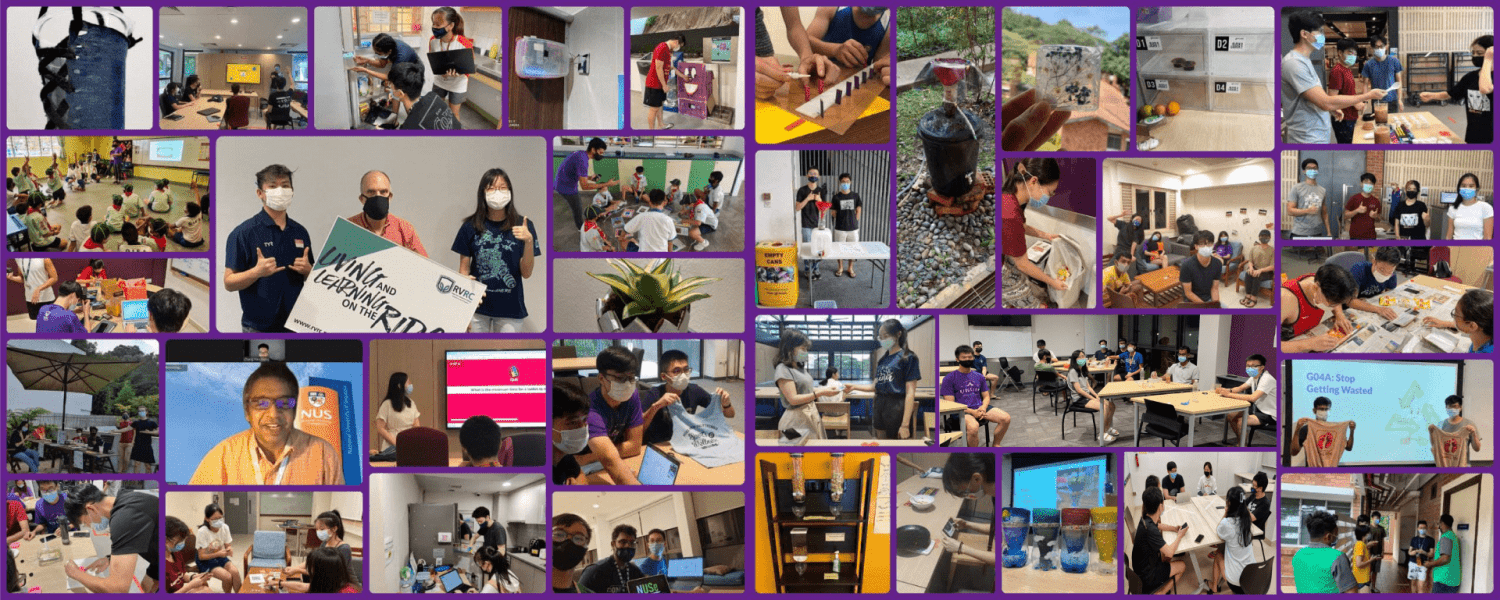Dianne Loh Wen Hui (SOC), Evelyn Quek (FOE), Lim Wei Quan Ernest (SOC), Sean Lee Xian Yu (FOS), Tang Ying Teng Brenda (BIZ)
Academic Advisor: Dr. Chua Siew Chin
The lack of natural resources makes sustainable living a priority in Singapore. However, youths remain ignorant and unmotivated towards sustainable living. Given that youths spend a significant amount of time on online platforms, our objective is to tap on their interest in games and social media to promote sustainable lifestyle through raising awareness, cultivating interest and providing incentives. We designed a competitive pet-raising game application that tracked the sustainability actions of 52 players and rewarded the players according to the reduction in their carbon footprint. We found that on average, 65% of players continued to play the game after 28 days, and that players showed greatest improvement in plastic bag refusal, with the tracking of electricity and water habits being the most popular. Hence, an engaging game application acting as a habit tracking device could encourage youths to lead sustainable lifestyles.
